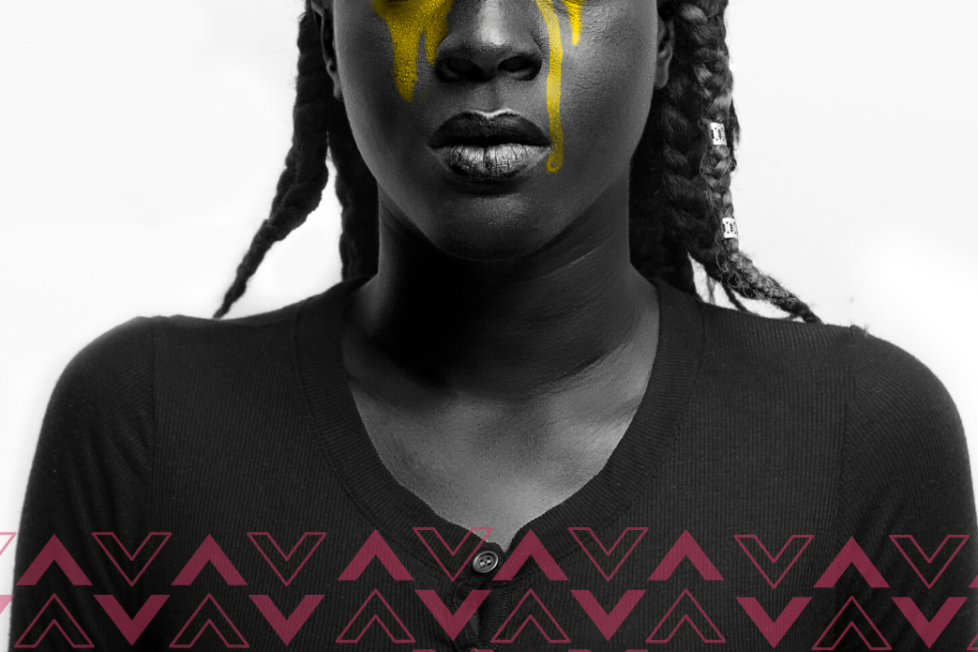Study finds 80% of medical students feel a low sense of personal achievement

Nearly 80 per cent of medical students report a low sense of personal achievement, according to a new study.
Researchers interviewed 385 medical students to assess their level of burnout, which is defined in the study as having three dimensions: Emotional exhaustion, depersonalization, and a low sense of personal achievement.
“That 80 per cent feel a low sense of achievement is a bit ironic, considering that these are all high-performing individuals,” Elizabeth Beverly, Ph.D., associate professor in family medicine at Ohio University Heritage College of Osteopathic Medicine and lead author, said in a statement.
“However, it also makes sense in that they have gone from an environment where they were standouts to one where they are now on an equal academic playing field.”
The reasons for burnout varied from year to year. While first-year students were overwhelmed by the curriculum, year two students were more concerned with board examinations.
Third-year students cited clinical rotations as an area of stress, and fourth-year students worried about graduation and matching into a residency program.
“Throughout medical school, there is always another test or requirement for students to prove themselves in a new way,” Beverly said.
“Over time that can feel quite discouraging.”
Factors for burnout, according to the study, incude: Poor sleep quality, studying more than 80 hours per week, imposter syndrome, suffering from an illness, inadequate faculty support, and exposure to cynical residents, among other things.
The findings echo past research drawing a link between burnout and medical school.
In 2017, a Canadain-based study suggested 37 per cent of medical students meet the criteria for burnout, while a 2017 study found a “high prevalence” of burnout among early-year medical students.
In an article on the American Medical Association (AMA) website, students anonymously cited “stigma” and lack of time as some of the barriers to seeking help.
“We’re often scared to seek treatment for depression,” one student said.
“We’re afraid of how it might affect our career.”
According to the AMA — and others — methods to deal with burnout include:
The most recent paper on medical school burnout has been published in The Journal of the American Osteopathic Association.
